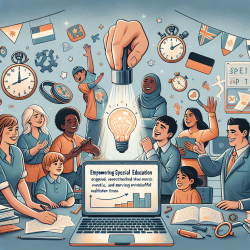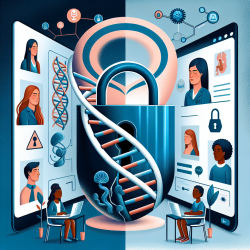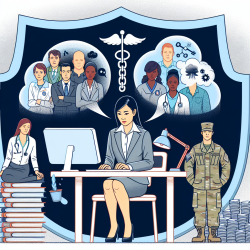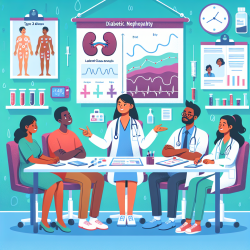In the realm of speech-language pathology, data-driven decisions and evidence-based practices are paramount. Recent research published in Frontiers in Psychology, titled "Growing Up with Asperger’s Syndrome: Developmental Trajectory of Autobiographical Memory," provides insightful findings that can enhance therapeutic outcomes for children with Asperger’s Syndrome (AS).
The study focused on an 8-year-old boy with AS and explored his autobiographical memory (AM) over three examinations spanning four years. AM is crucial as it integrates personal knowledge and events, contributing significantly to social cognition. The findings revealed that children with AS often exhibit:
- Impaired episodic memory, especially for recent events.
- Relatively preserved personal knowledge for the current year but significant forgetting of past information.
- Difficulties in strategic retrieval and Theory of Mind (ToM) tasks.
Key Takeaways for Practitioners
- Focus on Recent Events: Given the observed impairment in recalling recent personal events, therapy should include exercises that reinforce memory for recent occurrences. This could involve:
- Regular journaling of daily activities.
- Creating visual timelines of recent events.
- Engaging in discussions that encourage the child to recall and describe recent experiences in detail.
- Enhance Semanticization: The study suggests a deficit in the episodic-to-semantic shift. To counteract this, therapists can:
- Encourage verbal communication and social interactions.
- Use repetition and updating techniques to solidify episodic memories into semantic knowledge.
- Implement narrative-based interventions where children recount their experiences, helping to reinforce and structure their memories.
- Integrate Theory of Mind (ToM) Training: Improvement in ToM abilities was linked to better AM performance. Effective ToM training could include:
- Role-playing scenarios that require understanding and predicting others' mental states.
- Storytelling activities where children must infer characters' emotions and intentions.
- Using visual aids like comic strips to illustrate and discuss different perspectives.
Encouraging Further Research
While the study provides valuable insights, it also highlights the need for further research, especially longitudinal studies that track AM development over time. Practitioners are encouraged to:
- Participate in or initiate research projects that explore AM and social cognition in children with AS.
- Share findings and best practices with the broader community to build a robust knowledge base.
- Collaborate with researchers to develop innovative therapeutic approaches that address both AM and ToM deficits.
By integrating these research findings into practice, speech-language pathologists can significantly enhance the therapeutic outcomes for children with AS, helping them navigate their social world more effectively and build a stronger sense of self.
To read the original research paper, please follow this link: Growing Up with Asperger’s Syndrome: Developmental Trajectory of Autobiographical Memory.










